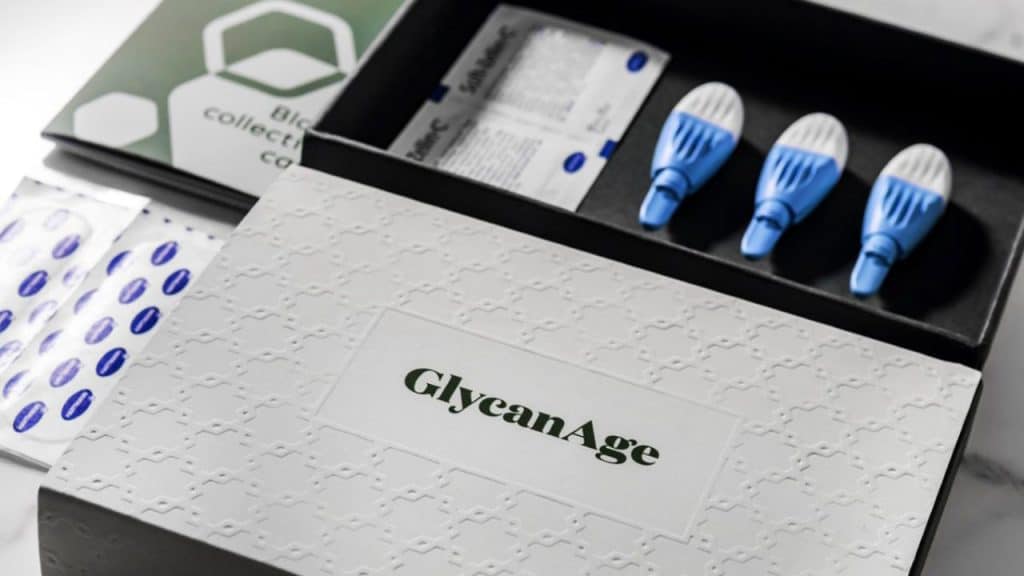GlycanAge is one of the newest ways to assess your biological age, this time by using glycans to evaluate one of the great bugbears of aging: chronic inflammation. One thing that is important to understand is how aging and biomarkers can vary depending on gender, which includes examining the effects of menopause (https://longevity.technology/news/unlocking-longevity-potential-glycanages-approach-to-longevity-healthspan-and-menopause/).
Defining biological age is complicated. Age in years is easy – just count from your date of birth. Telling the age of your body, however, with the various mechanisms that change and deteriorate differently as we grow older depending on a range of genetic, environmental and lifestyle factors, is not so simple. GlycanAge is just one approach, assessing one particular type of biomarker, but other scientists are developing different ways at looking at proteins, cells, DNA and other indicators.
This is important because understanding our biological age and which aspects of our body are contributing to it is how we know what lifestyle changes or medications we need to improve our health and longevity. We may be able to slow or stop age-related degeneration, or perhaps prevent it from happening in the first place. HRT is one example of a potentially helpful intervention.
One thing that seems to influence our biological age is menstruation. For all the irritations and discomforts that come with periods, a regular menstrual cycle does seem to have a protective effect when it comes to growing older. It’s not until post-menopause that the rate of aging suddenly doubles. HRT is generally considered a way to mitigate some of the negative effects of menopause. Researchers wanted to know how the use of HRT was reflected in participants’ glycans.
The results were somewhat contradictory. One study showed HRT reversing the aging of glycans, while another showed acceleration of aging markers, particularly those associated with negative cardiovascular events such as heart attacks.
It seems that the effect of HRT is highly dependent on other factors, such as genetics. If we can identify those factors through more precise biomarkers, those going through menopause will be able to make more informed decisions about whether HRT is the best thing for them as an individual.
A similar study assessed glycans and testosterone levels in men. It seems the potential benefits of assessing glycans for health and longevity are even more broadly ranging than it appeared at first.




